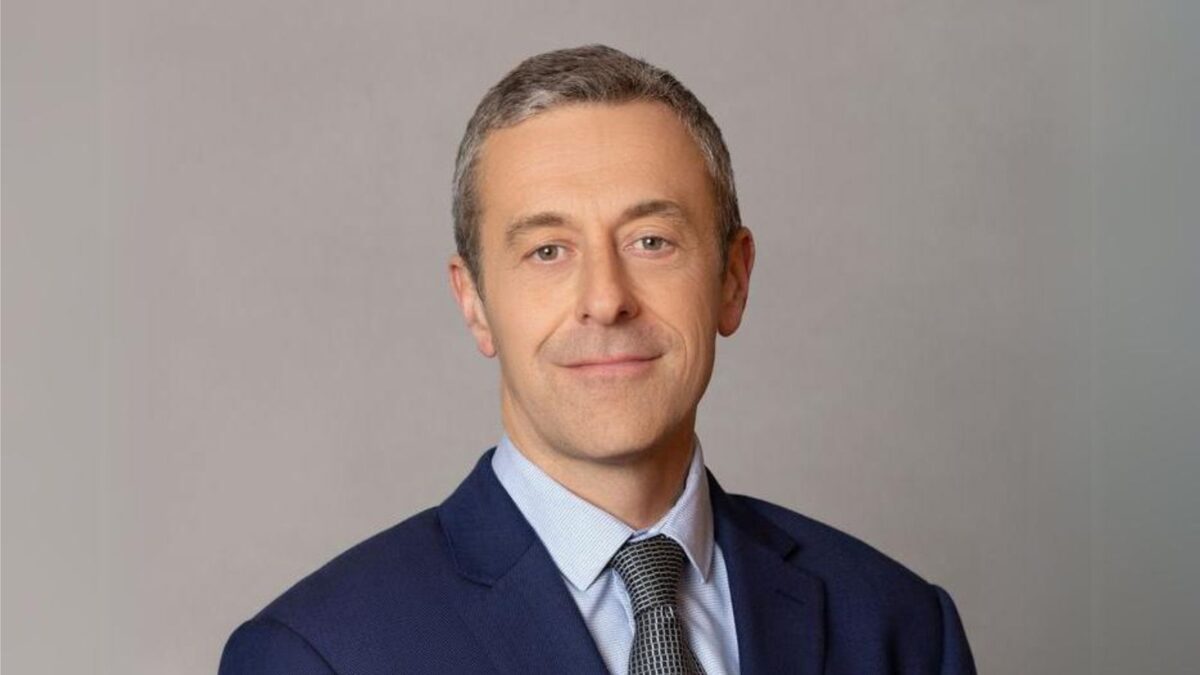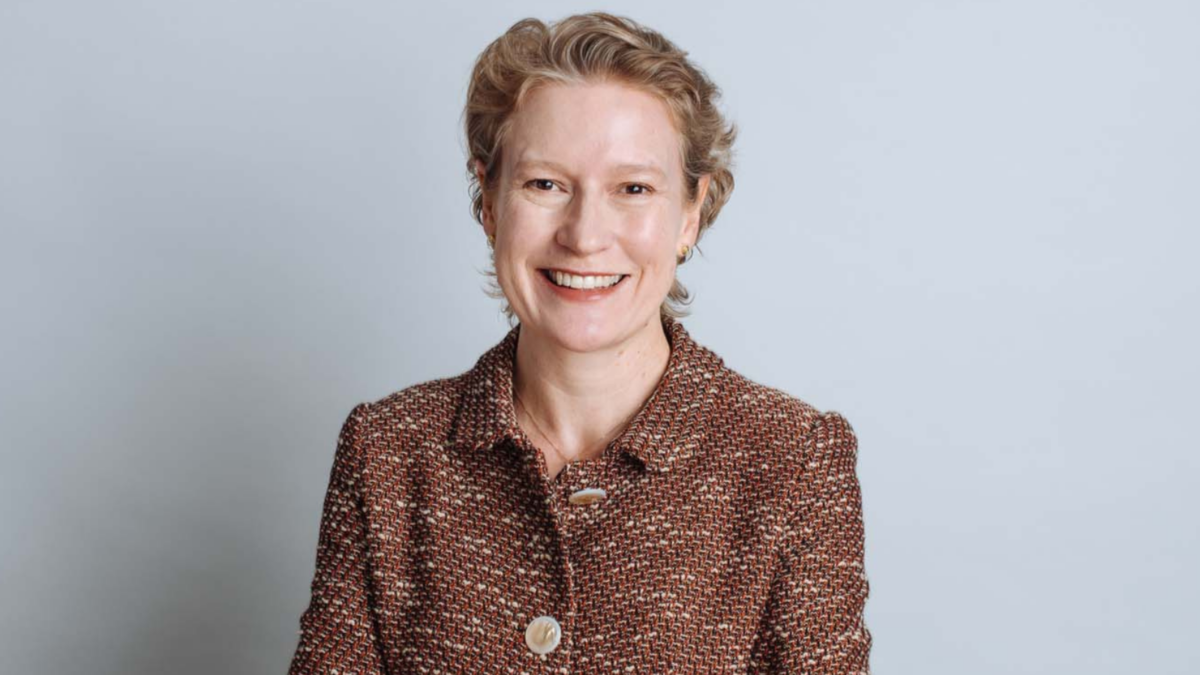Amundi – ‘The Day After’
“Realize that everything connects to everything else (Leonardo da Vinci)”
Covid-19 accelerated markets’ entropy and risk-takers will evolve their investment approaches.
Crises create disruption and Covid-19 is no exception, bringing new complexities, new opportunities and new risks to the investment landscape.
In this series of White Papers, Amundi, one of the world’s leading global asset managers, offers in-depth insights into what they have learned and how their processes are evolving due to the COVID-19 pandemic.
In their words, the COVID-19 pandemic triggered a number of changes:
- A fast-evolving macro financial environment. It has become much more difficult to anticipate and to predict performance, in both the short and medium term, because of the lack of hard data (even the calculation of consumer prices has become difficult because of lockdowns!) and the unknown consequences of the unconventional policies put in place.
- A common global ‘health’ shock affecting economies and spill-overs to the full spectrum of asset classes. Financial market volatility initially spiked on increased uncertainty regarding the short-term effects of the virus on lives and due to the potential long-term changes to livelihoods. Later, a sequencing of policy announcements, measures implemented and pandemic-driven news resulted in volatility increasing.
- A deep disconnect between macro fundamentals and markets. We have seen a crisis of global confidence and a sudden contraction of global growth. Asset classes saw very significant declines based on the common ‘unknown’, the virus. Then, they bounced back based on a liquidity-driven rally fuelled by central banks’ implementation of aggressive accommodative policies. In contrast to the past, economic policy interventions have occurred very quickly, and central banks have been creative and unconventional in their responses to the emergency. Analysts had to provide forecasts at a time when companies stopped providing guidance on earnings per share and revenue lines. Policy accelerators caused risk assets to drift higher, overshadowing the pain being experienced by the real economy.
- A larger role for central authorities in market functioning. Monetary policies, in particular , have been overwhelming asset classes’ specific drivers, blurring market correlations and inducing (dangerous) mispricing. Central banks increased their stimulus over and over again. They have been crossing new frontiers[1] , elongating the cycle once again via more debt creation. They are managing yield curves while increasing the risk of asset bubbles, should fiscal policies not deliver as needed. Governments addressed the health emergency first (international travel restrictions, domestic measures, improvement of medical treatment) and then implemented fiscal policies, not only reacting (state aid/ grants), but also trying to be pre-emptive in order to address the profound damage Covid-19 will inflict on labour markets and growth.
[1] New Frontiers for Central Banks, The Day After #5, D. Borowski, May 2020.
The full White Paper is available here









